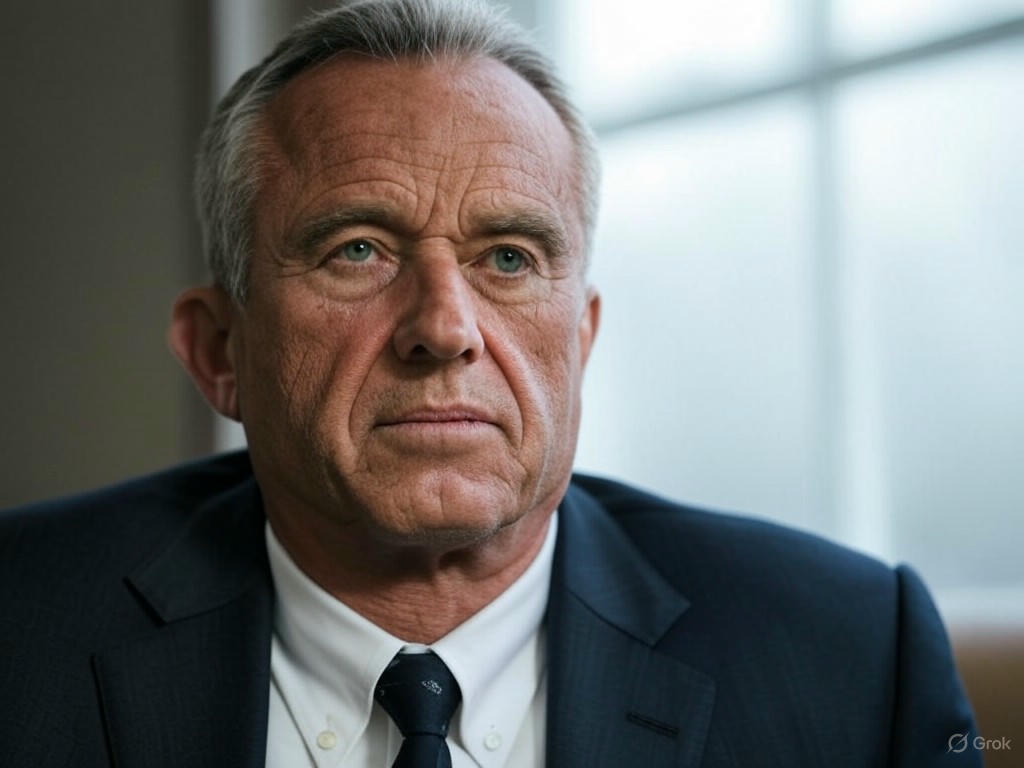In a bold and controversial move, Robert F. Kennedy Jr. has initiated a complete overhaul of the Centers for Disease Control and Prevention’s (CDC) Advisory Committee on Immunization Practices (ACIP). This panel, composed of experts tasked with shaping vaccine recommendations for the nation, has been under scrutiny for years due to allegations of bias and external influences. Kennedy, a vocal critic of certain public health policies, recently declared that the committee has long been compromised by entrenched conflicts of interest, prompting his decision to replace every member with new appointees of his choosing.
The ACIP plays a pivotal role in public health, advising on which vaccines should be prioritized for children, adults, and vulnerable populations. Its recommendations often influence state mandates, school policies, and healthcare practices across the United States. However, concerns have arisen over the years about the impartiality of some panel members, with critics pointing to ties with pharmaceutical companies and other stakeholders in the vaccine industry. Kennedy, who has often questioned the safety and necessity of certain immunizations, argues that these connections have undermined public trust in the committee’s decisions. His sweeping purge of the panel signals a dramatic shift in how vaccine policy might be shaped in the coming years, raising both hope and alarm among various groups.
Supporters of Kennedy’s actions believe this reset could bring fresh perspectives to the table, ensuring that recommendations are driven by independent science rather than corporate agendas. They argue that public health decisions must be transparent and free from any perception of bias to maintain credibility. On the other hand, many in the medical and scientific communities express deep concern over the potential consequences of such a drastic change. They warn that replacing experienced experts with new, potentially less qualified individuals could disrupt the rigorous process of evaluating vaccine safety and efficacy. Some fear that this move might further erode public confidence in immunization programs at a time when misinformation about vaccines is already rampant.
As Kennedy begins the process of selecting replacements, questions loom about who will fill these critical roles and what criteria will guide their appointments. Will the new panel prioritize skepticism over established science, or will it strike a balance that addresses past criticisms while maintaining the integrity of vaccine recommendations? Public health advocates are calling for transparency in the selection process, urging that the new members be free from any political or ideological agendas that could skew their judgment.
This shake-up at the CDC marks a defining moment in the ongoing debate over vaccine policy in America. As the nation watches closely, the impact of Kennedy’s decision will likely reverberate through healthcare systems, schools, and communities for years to come. Whether this bold action restores trust or deepens division remains to be seen, but one thing is clear: the conversation around vaccines is far from over.
